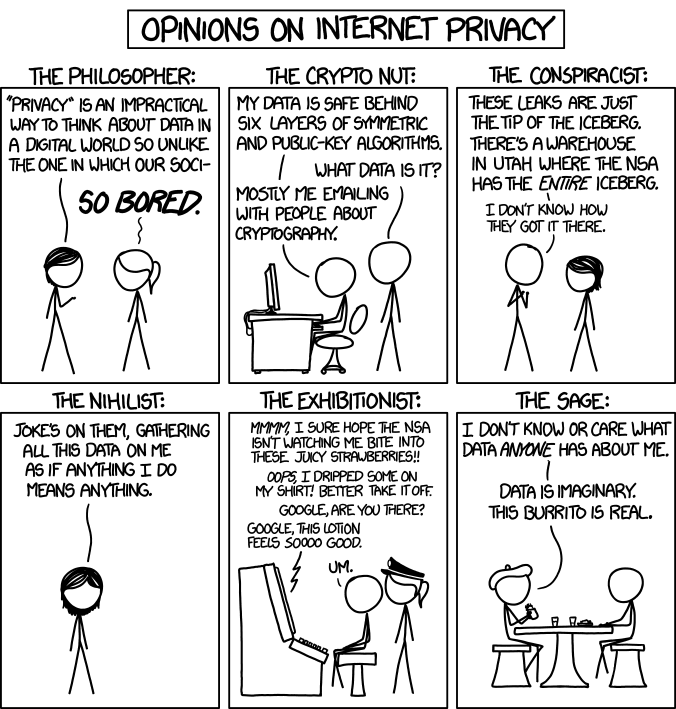WHY DOES THE RIGHT HATE OBAMACARE? isn’t a use of Occam’s Razor by a famous philosopher, but rather a famous philosopher’s use of the other string in his bow, his many years as a professor housed in a department of Afro-American Studies.
I have to say that, even if Occam’s Razor isn’t invoked, as explanations go it has the virtues of clarity and simplicity:
The emotions aroused on the right by the ACA are quite mysterious. It is not at all surprising that large numbers of people in the United States have intense feelings about abortion or same-sex marriage. I may find those feelings reprehensible, but I am not surprised by them. Nor does it surprise me that many people feel strongly about taxation, or about America’s military involvements. These are quite naturally subjects of controversy, and though we may grow angry at those who disagree with us, we ought not to be surprised by the disagreements. But medical insurance?
Medical insurance is a bit like highways, supermarkets, or television — a familiar part of life that we more or less take for granted. Most of the time, those of us who have medical insurance [which is to say, eighty percent of Americans, or more] use it without giving it a great deal of deep thought. …
…
And yet, there is now a sizeable fraction of the American public, and a considerable number of Representatives and Senators, who say that they consider Obamacare an assault on everything they hold dear, a fatal blow to the American Way, a Socialist plot to destroy life as we know it, an evil so great that it is worth bringing the government to a halt and threatening the world financial system to defund it or even slow marginally the pace at which its provisions go into effect.
What on earth is going on? The answer, I think, is actually rather simple, although unpacking it will take me more time than I usually devote to a blog post.
To put the answer in just four words, the real, underlying reason for the hysteria engendered by the ACA is: Because Obama is Black.
There follows a sustained discussion of white-black relations in the colonies and then the US, noting that, “During all of this time, it remained the case that poor Whites, exploited and oppressed by White capitalists, could tell themselves that they were free, White and twenty-one, that they were, at the very least, not black.” Then, this:
The Civil Rights Movement, launched by African-Americans half a century ago, threatened, and eventually began to break down even these legal, customary, residential, and employment barriers. It was at this time that the old familiar political rhetoric about “working men and women” also began to change. The new rhetoric spoke of “middle-class Americans,” which, although no one acknowledged it, was a thinly veiled code for “not Black.” As economic pressures mounted on those in the lower half of the income pyramid, Whites wrapped themselves in the oft-reiterated reassurance that at least they did not live in the Inner City []which is to say, Black neighborhoods], that they were “Middle Class.” All of the political discourse came to be about the needs, the concerns, the prospects of the Middle Class, which to millions of Americans, whether they could even articulate it, meant “not Black.”
All of this crumbled, frighteningly, calamitously, disastrously, when a Black man was elected president. “Free, white, and twenty-one” ceased to be the boast of the working-class White man. Statistics do not matter, trends do not matter, probabilities do not matter, income distribution differentials do not matter. If a Black man with a Black wife and two Black children is President of the United States, then a fundamental metaphysical break has occurred in the spiritual foundation on which White America has built its self-congratulatory self-image for three centuries and more.
Hysterical Whites tried every form of denial. Obama’s election was theft. Obama is not an American. Obama is a Muslim. Obama is a socialist. Obama’s election was a one-time proof that we are not racist, to be followed immediately by restoration of the status quo ante bellum. When Obama was reelected, vast numbers of Americans went into terminal denial. They seized upon the ACA simply because it was, as everyone knew, Obama’s signature domestic accomplishment. To repeal it, to defund it, to make it as though it had never existed, would be in some measure to deny that he had ever been President. The actual details of the ACA matter not at all. Neither do the actual felt medical needs of those driven insane by the very fact of Obama’s tenure in the White House. None of that has anything at all to do with the real cause of the hysteria. Why are millions of Americans driven beyond hysteria by the ACA?
Because Obama is Black.
On balance I still think that the Republican elites, at least, hate and fear the Affordable Care Act because they think it will work — thus locking in the Democratic vote as Social Security did two generations earlier — and also because the GOP’s opposition will relegate its elites to the dustbin of history. I don’t pretend to understand why, even so, they would be willing to have the US default on its debts, a plan that will cost them and their supporters a great deal of money, not to mention hurting almost everyone else at home and abroad and vastly reducing US global power and influence. (Closing the government for a while, I vaguely get, I imagine they think it’s mostly evil anyway.)
Update: Corroboration for Prof. Wolff’s view in Digby’s They’d rather die than help the “others”. Works for PG County, MD too; but in Miami it’s poor Latins as much or more than anyone else. Remind me why our local GOP opposes a benefit for the majority of their constituents?

